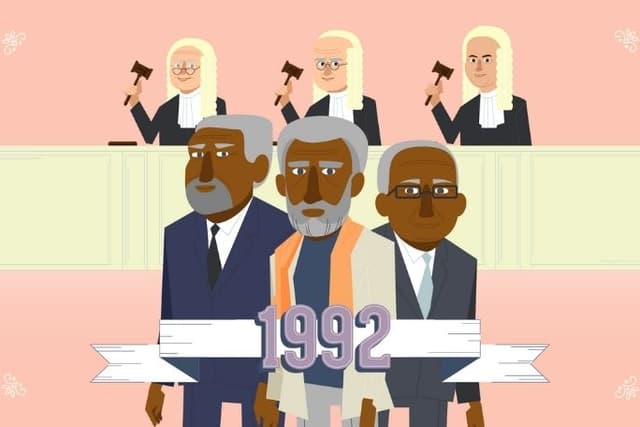
Story of Our Rights and Freedoms - The Struggle for Aboriginal and Torres Strait Islander Rights and Freedoms
Lesson4 of 4 in this unit
SecondaryYear 9 - 10Humanities and Social SciencesHistoryCivics and CitizenshipSocialEqualityHuman RightsIndigenous Education
Summary
Lesson Guides and Printables
Lesson Plan

Student Worksheet

Teacher Content Info
